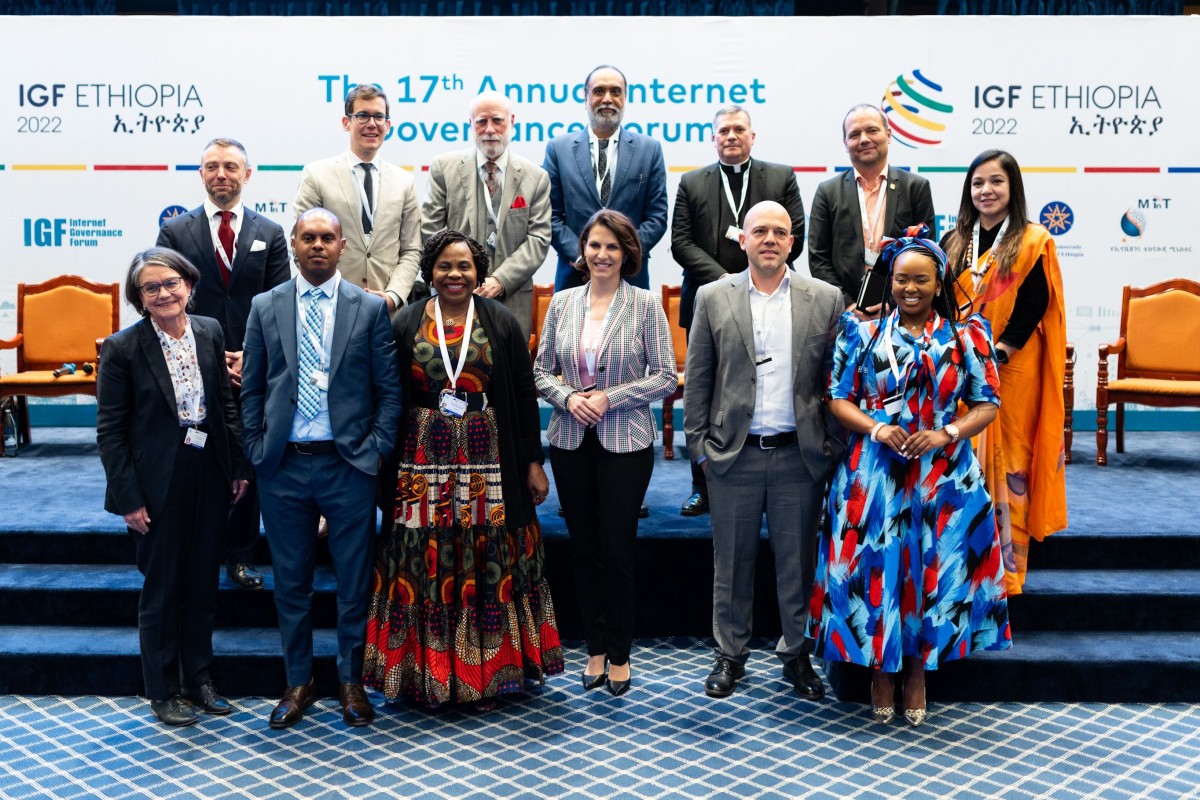Sponsored Content
UN Internet Governance Forum in Ethiopia: Austria's Constitutional Affairs Minister Karoline Edtstadler Appointed to Governing Body
To increase the content and importance of the Internet Governance Forum, a ten-member Leadership Panel chaired by U.S. information scientist Vinton Gray Cerf was established. Austria's Constitution Minister Karoline Edtstadler was appointed to this leadership panel by UN Secretary-General Antonio Guterres.
 Austria's Minister Karoline Edtstadler was admitted to the Board of the UN High-Level Leaders' Meeting on Digital Rights. / Picture: © Bundeskanzleramt (BKA) / Christoper Dunker
Austria's Minister Karoline Edtstadler was admitted to the Board of the UN High-Level Leaders' Meeting on Digital Rights. / Picture: © Bundeskanzleramt (BKA) / Christoper Dunker
As equals, participants in the Internet Governance Forum (IGF) discuss public policy issues related to the Internet. Both public and private policymakers are informed and inspired by the IGF, although there is no negotiated outcome. The delegates discuss, exchange information, and share good practices at their annual meeting. By facilitating discussions on Internet opportunities, risks,…
or Log In
Fast News Search





